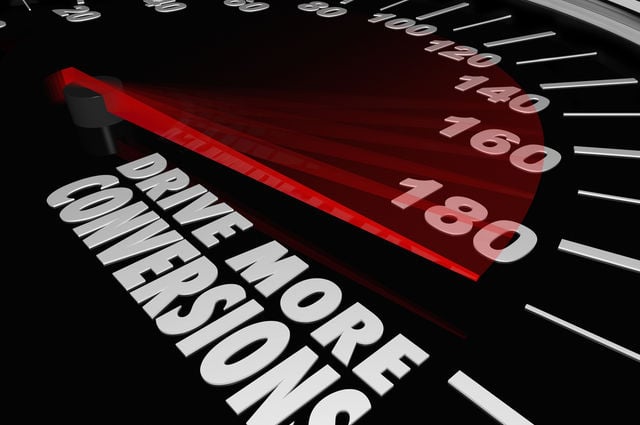Why improving hotel website conversion rates is a top priority in 2024
16 experts shared their view
The average hotel website conversion rate (bookings divided by unique monthly visitors) is typically below 2%. Out of 100 people who visit the average hotel website, two or less will book, and 98 or more will abandon your website and make a booking elsewhere - either with your competitors or with the OTAs.
The situation is even worse with independent hotels, where conversion rates are even lower and range between 0.5% -1.5%. Most hoteliers do not even know what the conversion rates are on their property websites.
What are the reasons for these exceptionally low conversion rates?
Mobile-last property websites, poor user experience (UX), sub-standard CMS and CRS technologies, poor visual and textual content, lack of merchandising strategy and technology, lack of reward or guest appreciation program in place, market and rate disparity, lack of enticing offers and compelling reasons to even enter the booking engine process - less than 1/3 of website visitors do so, etc. are only some of the reasons for these poor results.
Hoteliers are spending their limited marketing dollars on SEO, paid search, metasearch, online media, PR, and social media in order to bring users to the hotel website, and allowing 98%-99.5% of them not to book. Complete waste of precious resources!
So, the question is, how can hoteliers increase conversion rates on their websites and boost direct bookings in 2024?
Developing a robust website conversion strategy should be a top priority for hoteliers in 2024. This is a crucial step for improving direct bookings and lowering distribution costs. Any investment in your website conversion strategy will not only pay for itself, but will reward the hotel generously by improving the bottom line.
Here are the main factors that improve website conversion rates:
- Business Factors: Who "owns" the property website among your staff and held accountable for the results and production of the property website
- Revenue Management Factors: Market parity and rate parity adherence.
- Marketing Factors: Are there enticing promotions on the website?
- Credible website content: Both textual and visual content should be credible, mobile-friendly, engaging and unique.
- Technology Factors: Mobile-first website design, technology and user experience.
- Website Download Speeds under 2.5 seconds to load.
- Quality of the Booking Engine: A weak booking engine with slow download speeds, and its lack of good product presentation and UX, hurts conversions and revenues.
- Website merchandising tech to sell rooms via a complete ecosystem of modules and capabilities?
- Reservation abandonment technology to win back users who start the booking process without completing it
- Website Personalization: promotional, textual, and visual content tailored to each visitor?

